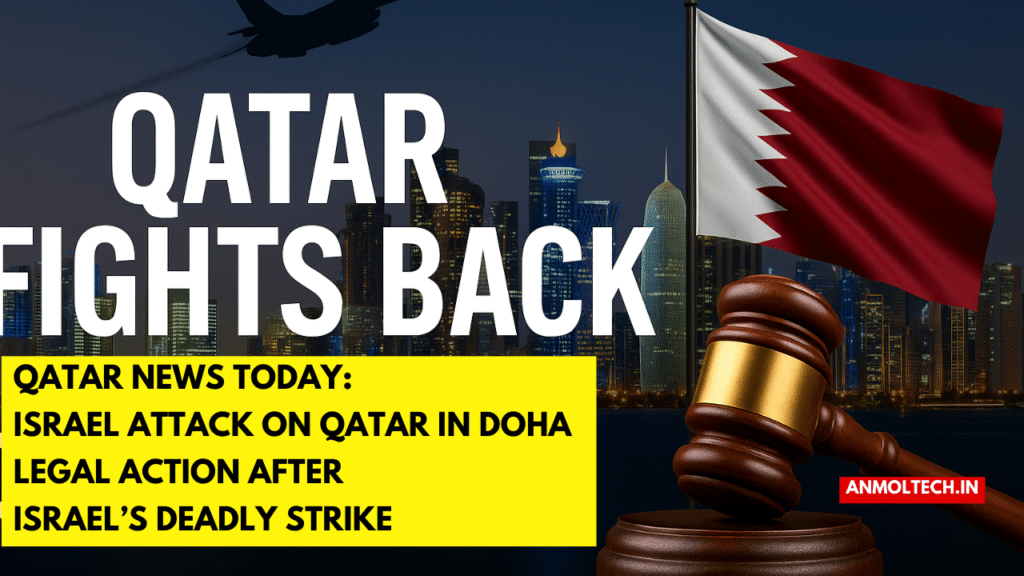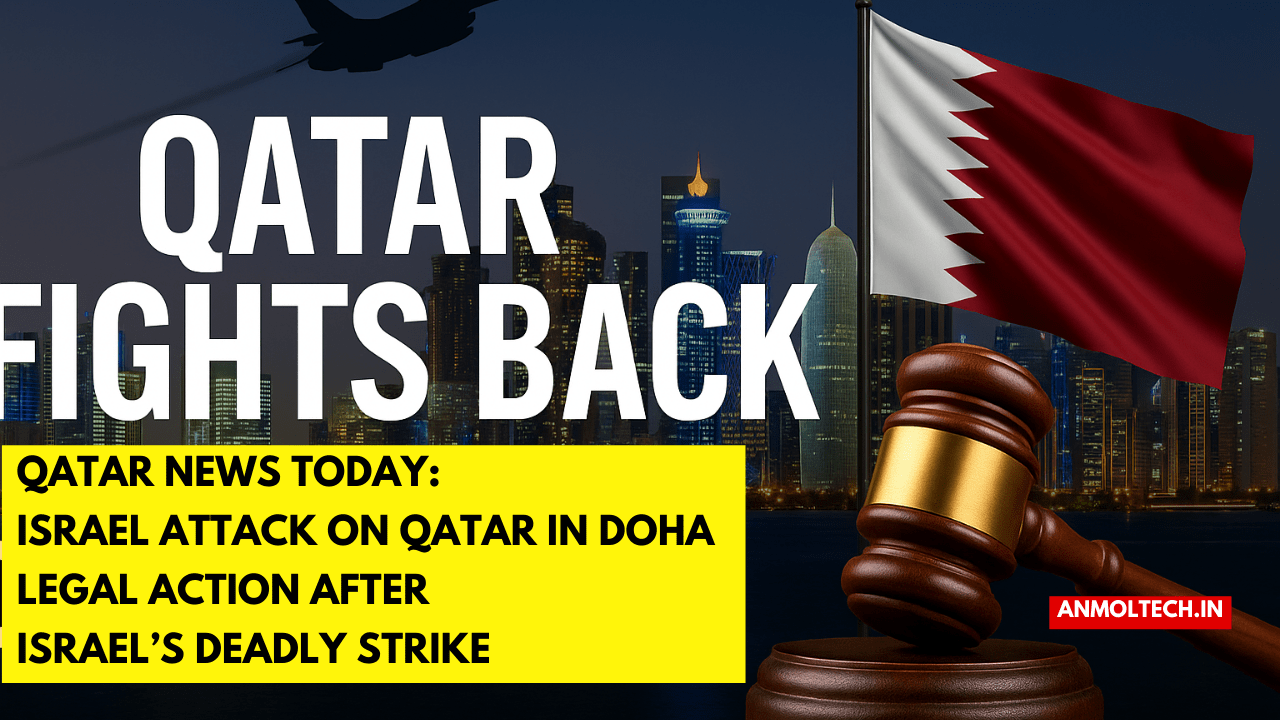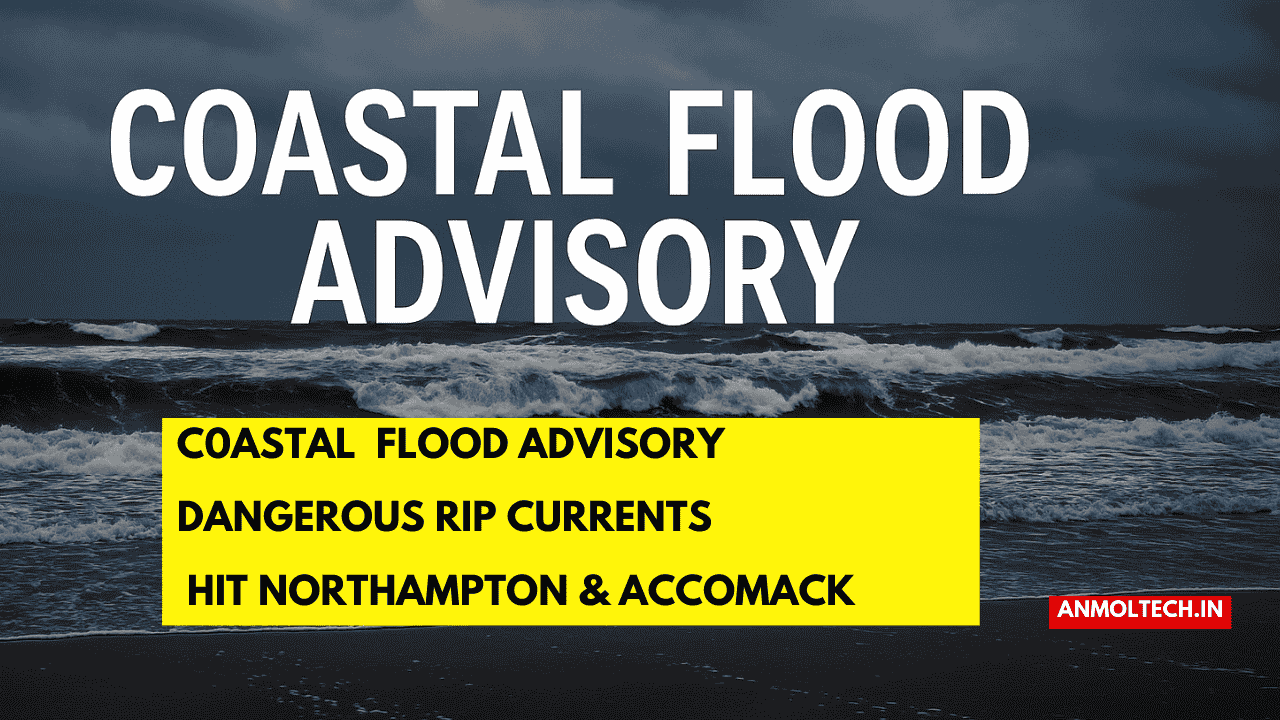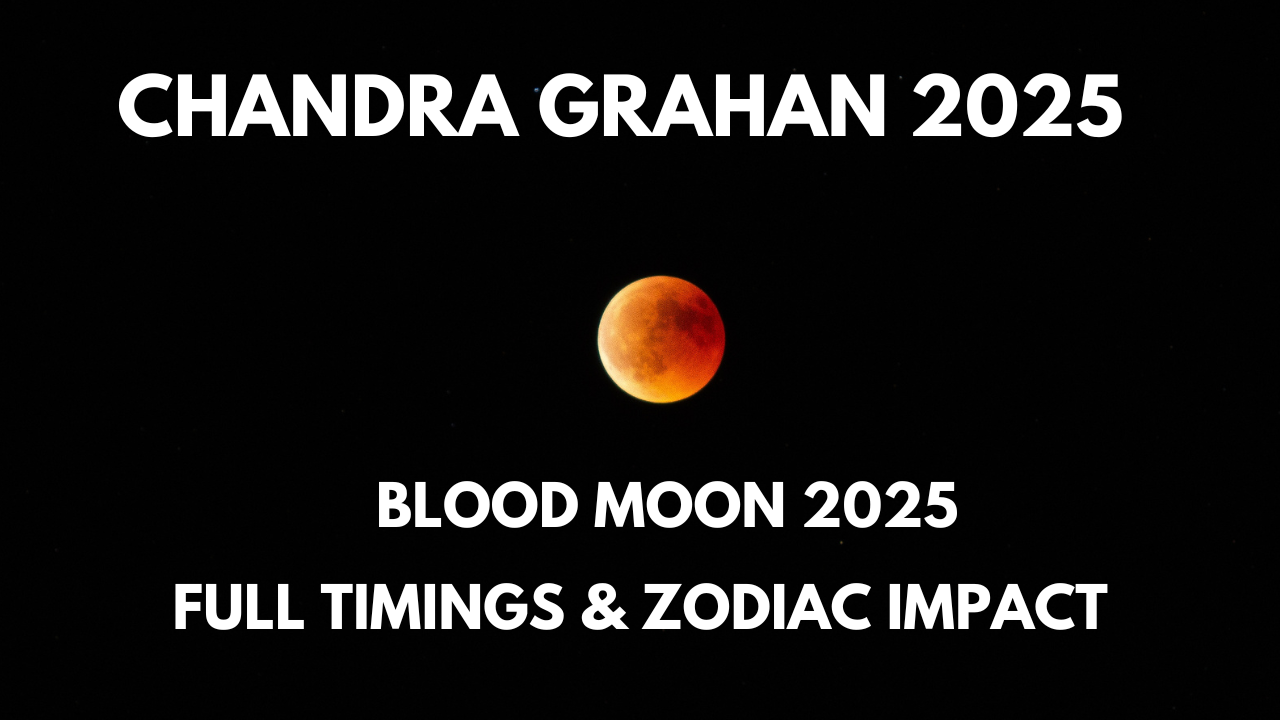Qatar’s Diplomatic Push: Doha gears up for official protests and international legal action after Israel’s attack
Israel attack on Qatar : The Middle East woke up to fresh turmoil this week after Israel launched air strikes in Doha, Qatar, targeting senior Hamas negotiators. The move stunned governments worldwide, raising alarms over sovereignty and peace efforts in the region.

Israel insists it went after those tied to the October 7 attacks, while Qatar and others condemned the strike as a dangerous breach of international law. The news, broken by Al Jazeera and amplified by BBC News, has left the region on edge. For many, an Israeli strike in Qatar is not just an escalation but a worrying precedent that could derail ongoing diplomacy.
What Happened in Doha? Qatar news today
Witnesses reported blasts and smoke rising over parts of the Qatari capital after Israeli jets fired long-range munitions at what was believed to be a Hamas meeting site. The residential compound allegedly hosted leaders discussing ceasefire options.
Casualties have been reported, though numbers remain unclear. The Doha attack shocked locals, who rarely see conflict touch their city. Qatar’s Foreign Ministry quickly called the incident a violation of sovereignty, while Israel stood firm, declaring it would hit its enemies “anywhere.”
Israel’s Justification Qatar news today
Defence Minister Israel Katz said the strike was in line with Israel’s clear policy:
“Anyone who participated in the October 7 massacre or continues to back terrorism will be targeted. There is no safe haven.”
Israel has previously pursued Hamas leaders beyond Gaza, but this strike — inside Qatar, a U.S. ally and diplomatic hub — has triggered global outrage rarely seen before.
Qatar’s Reaction Qatar news today
The Qatari Foreign Ministry denounced the bombing, vowing to pursue all diplomatic and legal measures. Spokesman Majed al-Ansari warned the strike was more than an attack on Qatar’s territory — it sent a chilling signal that even mediators could be targeted.
Qatar has hosted Hamas’s political office since 2012, at the request of the U.S., to serve as a communication channel for ceasefire and hostage talks. The attack raises doubts about whether Doha can continue that mediator role safely.
World Leaders Condemn the Attack
Governments worldwide wasted no time criticizing Israel’s strike:
- Italy’s PM Giorgia Meloni opposed escalation and expressed solidarity with Qatar.
- Switzerland called it a violation of sovereignty.
- Portugal reiterated that a two-state solution is essential.
- Belgium urged respect for international law.
- According to Turkish President Erdogan, the strike struck at the very heart of peace efforts and regional stability.
- Tunisia, Jordan, Malaysia, and New Zealand joined in condemning Israel.
At the UN, Secretary-General António Guterres said Israel’s action was a “flagrant violation.” Pakistan and Algeria requested an emergency Security Council session.
US Reaction — Walking a Tightrope
The U.S. faced an awkward dilemma. While Qatar houses America’s biggest military base in the Middle East, Israel continues to be Washington’s closest ally.
Donald Trump voiced regret about where the strike happened but stopped short of openly faulting Israel. Vice President JD Vance called the move “ill-advised” yet suggested there was a “silver lining” in the elimination of Hamas operatives.
This balancing act drew criticism, with analysts accusing Washington of trying to “have it both ways.” Some warn the U.S.’s muted stance could weaken its credibility with Gulf partners.
Why Doha Matters for Peace
For over a decade, Doha has played a pivotal diplomatic role. Its hosting of Hamas’s political bureau — encouraged by Washington — has enabled ceasefire negotiations, prisoner swaps, and aid distribution.
By striking in Doha, Israel effectively attacked the very place where peace talks often begin. Experts warn this could make any future dialogue much harder.
The Humanitarian Crisis in Gaza
Beyond the political storm, Gaza’s suffering continues. Health authorities report dozens killed in the last 24 hours alone from Israeli strikes, famine, and shortages.
Scenes from Gaza are grim:
- Families fleeing with only blankets and clothes.
- Long convoys escaping forced evacuation orders.
- Hundreds of children dead from malnutrition since late 2023.
Diplomatic channels like those Qatar provides are vital for humanitarian negotiations. The attack in Doha risks disrupting that already fragile process.
Analysis — A Turning Point?
Analysts call the Doha strike a potential turning point:
- Diplomatic Fallout: Attacking a U.S. ally raises big questions about Israel’s partnerships.
- Regional Stability: Gulf nations may rethink whether U.S. security guarantees still hold weight.
- Peace Talks: Qatar’s ability to mediate is now in doubt.
- U.S. Credibility: Washington’s mixed response leaves allies questioning its reliability.
Hamas in Qatar — A Controversial Office
Since 2012, Qatar has hosted Hamas’s political leaders to maintain indirect communication lines. Qatar insists that hosting Hamas leaders is meant to keep communication channels open, not to show support for the group.
But Israel’s strike blurs that distinction. Critics say it puts Qatar’s neutrality under scrutiny and could deter other states from playing host in the future.
Israel’s Domestic Angle
In Israel, Prime Minister Benjamin Netanyahu faces criticism for failing to deliver decisive victories in past conflicts. Some analysts believe the strike was as much about projecting strength as it was about eliminating Hamas leaders.
Netanyahu has offered little explanation to the public. Critics accuse his government of preferring dramatic action over clear long-term strategy.
Legal and Sovereignty Issues
The strike sparks tough questions: Can a state legally bomb another sovereign nation to hit militants? Should host countries be shielded if they act as mediators?
Most international voices say no. Both the UN and European nations warned that Israel’s action set a troubling precedent and amounted to a violation of sovereignty.
Reactions from Doha Residents : Qatar legal action
People in Doha, long used to living in a peaceful city, said they were stunned and frightened by the sudden blasts.. Many now wonder whether Qatar’s close U.S. ties can really protect it from future attacks.
For ordinary citizens, this was not abstract geopolitics — it was a frightening reminder of the region’s volatility.
Media Coverage — Al Jazeera at the Forefront
With its headquarters in Doha, Al Jazeera has led reporting on the attack, focusing on both political and humanitarian fallout. BBC News and other outlets echoed condemnation, amplifying the global backlash.
What Happens Next? Qatar legal action
Possible outcomes to watch include: Qatar diplomatic push
- UN Security Council: An emergency meeting may result in resolutions, though vetoes are likely.
- Qatar is likely to respond on the diplomatic front, preparing to lodge official protests while also exploring legal avenues to challenge the strike on international platforms.
- Future Israeli Strikes: Attacks outside Gaza and the West Bank cannot be ruled out.
- Gulf Relations: Countries like Saudi Arabia and the UAE may reassess their ties with Washington.
Conclusion — A Dangerous Precedent
The Israel attack on Qatar marks a rare and alarming escalation. Israel insists it was pursuing Hamas, but the strike on Doha has shaken faith in diplomacy and international law.
For Qatar, it’s a direct assault on its sovereignty and its role as a peace broker. For the wider region, it raises a troubling question: if even Doha is not safe, where can negotiations happen?
As condemnation grows, one truth is clear — the events in Qatar news today will influence Middle East politics and diplomacy for years to come. Qatar protests Israel
FAQs on Israel’s Strike in Qatar
Q1: Why did Israel attack Doha?
To target senior Hamas leaders allegedly meeting in Qatar.
Q2: How did Qatar respond?
By condemning the attack and pledging legal and diplomatic action.
Q3: What was the global reaction?
Strong condemnation from Europe, Asia, and the Middle East, and calls for UN intervention.
Q4: What did the U.S. say?
It expressed regret but avoided condemning Israel, leading to criticism.
Q5: Will this affect peace talks?
Yes. Qatar’s mediator role is now under threat, making future negotiations difficult











